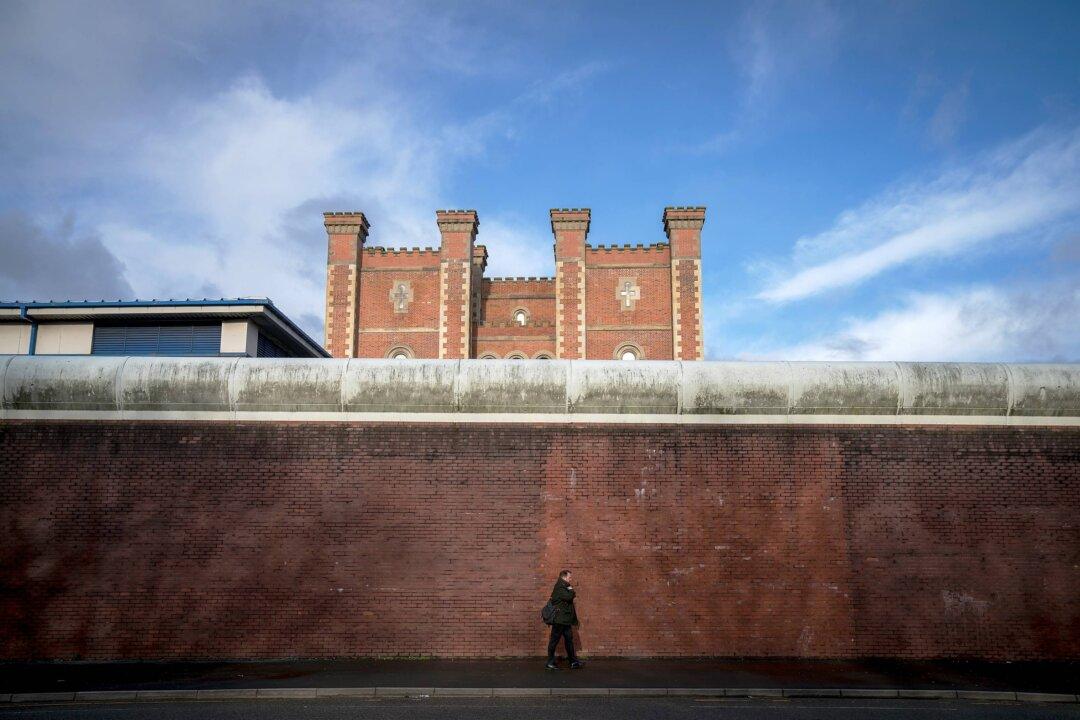The number of jailed foreign criminals released into the community while awaiting deportation has reached a record high.
Government figures reveal that 11,769 individuals recorded as foreign national offenders (FNOs) have been released from jail, despite being subject to a deportation order.





